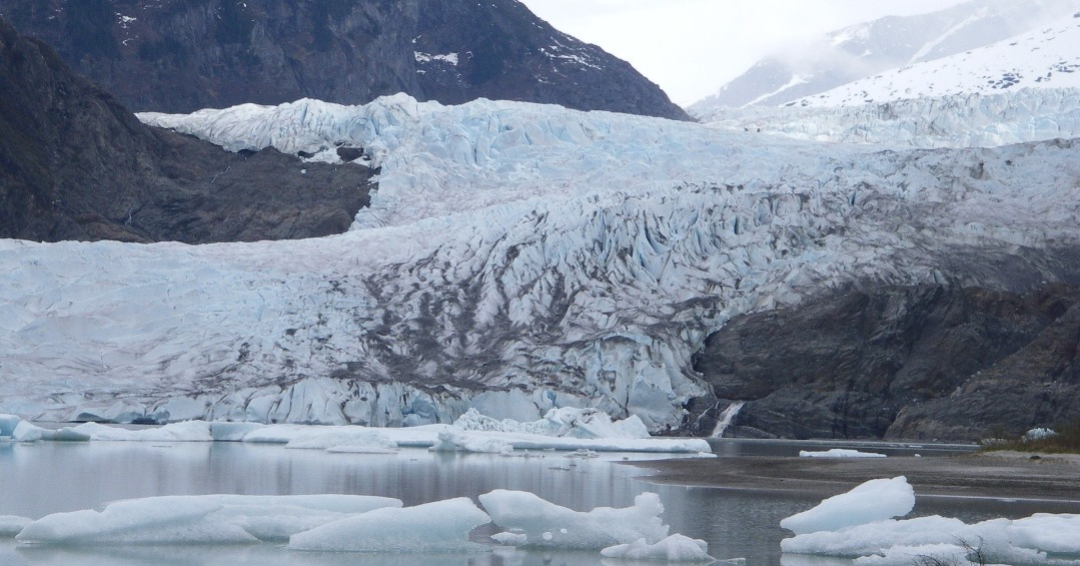Climate scientists have warned at a meeting in Switzerland that the world is likely to miss the key goal in the fight against global warming.
In response to this warning , UN Secretary General Antonio Guterres has called on all countries to bring forward their net zero plans by a decade in order to reduce greenhouse gas emissions. The latest agreement signed by governments, aims to limit the increase to 1.5 degrees Celsius. However, the world has already warmed by 1.1 degrees Celsius, and according to experts, it is likely to breach the 1.5-degree threshold in the 2030s.
Small island nations in the Pacific are expected to be among the worst affected by the impacts of climate change. Dr. Pa'olelei Luteru, the chair of the Alliance of Small Island States, expressed the frustration felt by many vulnerable countries about the slow progress in addressing the climate crisis, despite the urgent need for action. The fossil fuel industry, which is a major contributor to greenhouse gas emissions, continues to generate significant profits while the impacts of climate change are disproportionately borne by the most vulnerable communities.
According to the report from the Intergovernmental Panel on Climate Change, concentrations of the greenhouse gas carbon dioxide (CO2) in the Earth's atmosphere are currently at their highest levels in at least 2 million years and he world is currently warmer than at any time in the past 125,000 years. Extreme coastal flooding that used to happen once-a-century is expected to occur at least annually by 2100 in half of the world's tidal gauge locations.
The authors of the report still hope that rapid and dramatic changes can be achieved to reduce greenhouse gas emissions, thanks in part to the falling prices of renewable energy sources like solar and wind power. They also argue that changes in consumer behavior, such as adopting a low-carbon diet, reducing food waste, and switching to low-carbon transport, can have a significant impact on emissions from many sectors. However, the report also acknowledges that in addition to reducing emissions as quickly as possible, large-scale deployment of carbon dioxide removal technologies will be absolutely essential to achieve the goal of net-zero emissions.
Source: bbc.com

